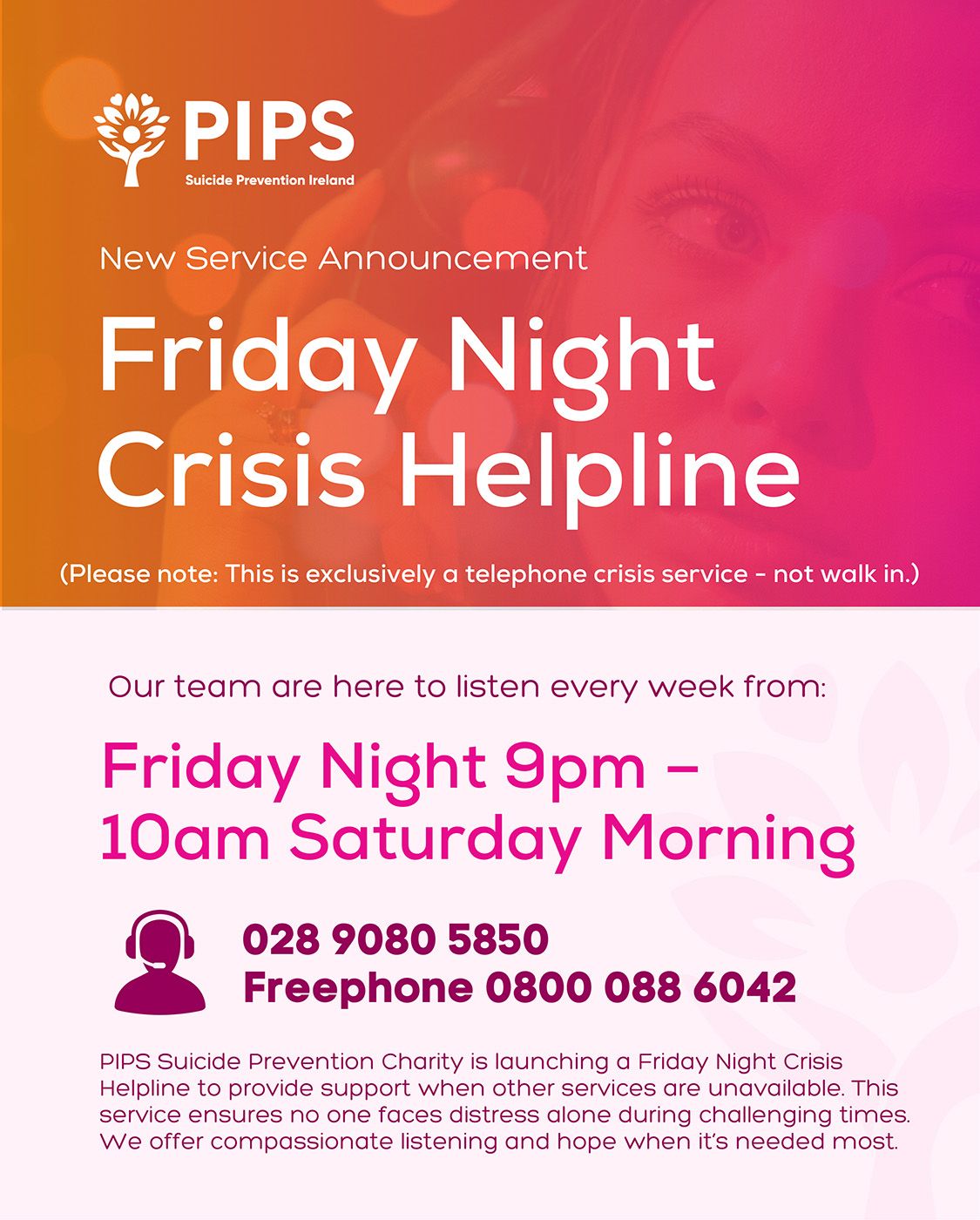INTERNATIONAL Women’s Day has developed over recent years to become a commodified example of how in the modern era we deal with issues of contest and discrimination. Make it cool, and tear the radical meaning out of it.
The associated debasement of the term feminism to mean nothing more than “here is a woman”, rather than recognising the multiple structural barriers women face and challenging them, is just one example. If you are not enraged at this country’s childcare fees – the highest in Europe – then you are not feminist. If you do not see nurses’ struggle for fair pay and safe conditions as a feminist struggle, due to the numbers of women in nursing and the essentialised role of caring in society, then you cannot begin to understand what gender equality actually is. If you do not see the recent economic catastrophes having specific and devastating impacts on women, and elderly women in particular, then you are deliberately feminist-blind.
International Women’s Day should be challenging the patriarchal norms that society relies on to secure the power of the few. At its heart IWD should be uncomfortable.
This week an Irish feminist icon passed away. Rita O’Hare, former editor of An Phoblacht, publicity director of Sinn Féin during the transformation of the republic struggle to the modern era, was at her core one of the most fascinating women of the modern age. An IRA volunteer and former prisoner, and when the time came one of the country’s strongest advocates for meaningful and lasting peace. She was one of the founders of Sinn Féin’s women’s department, which to this day produces the most radical women’s manifesto of any political party on this island. The intersectionality and recognition of the issues that compound the position of women as second-class citizens was at the heart of the philosophy which drove that work. That her death was for the main part ignored by mainstream media is instructive; perhaps Rita did not “fit” the image of “acceptable” feminists.
International Women’s Day should be an opportunity to see the women whose citizenship is daily compromised.
Women like Roisín Uí Mhuirí, who sits in an inquest court 31 years after the killing of her brother and listens to the Ministry of Defence stubbornly refusing basic disclosure to an inquest that has yet to be heard, should be a source of outrage. The fact that no media also sits in those courts tells a tale. Roisín’s experience is one of denial of basic victims’ rights, a denial of her rights to equal citizenship under the law. How can she be equal when denied these fundamental rights?
With 91 per cent of the conflict dead being male, if we do not see these decades of systemic state discrimination against these women’s rights, then we cannot genuinely claim to understand equality for women. Basic international standards for women affected by conflict have not been applied to this transitional society, and with that being the case, the so-called promotion of equal participation of women in this society can feel like lip service. The debate on dealing with the past should of course be a feminist cause, but maybe it is too uncomfortable.
International Women’s Day can too often be a case of awareness of “some” women’s rights. For those women who raise issues too uncomfortable or challenging, IWD risks seeming deliberately irrelevant.








